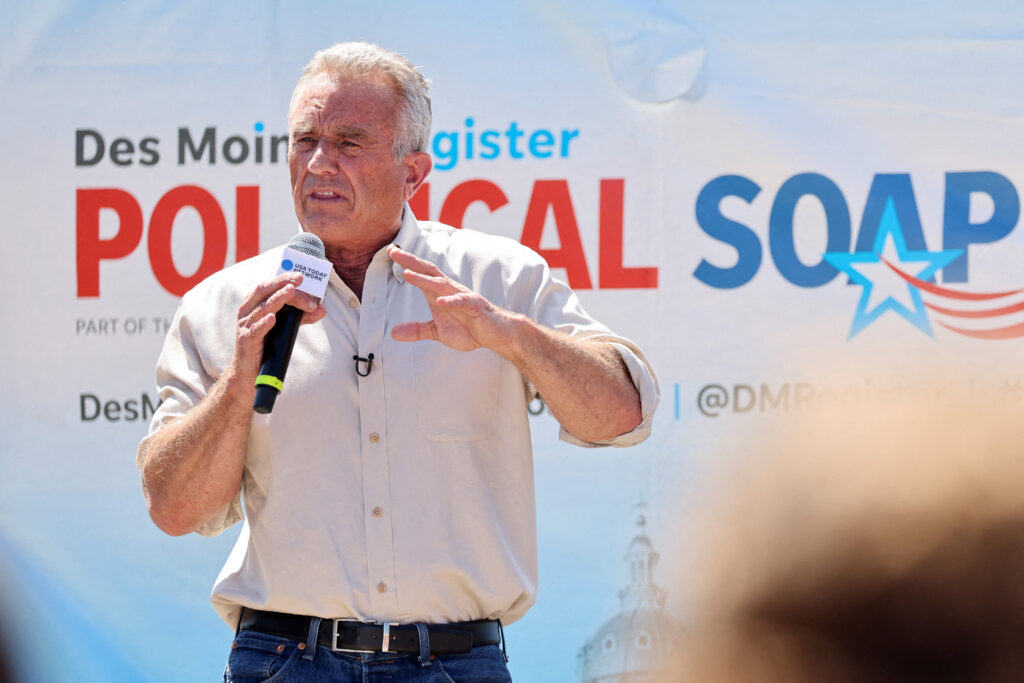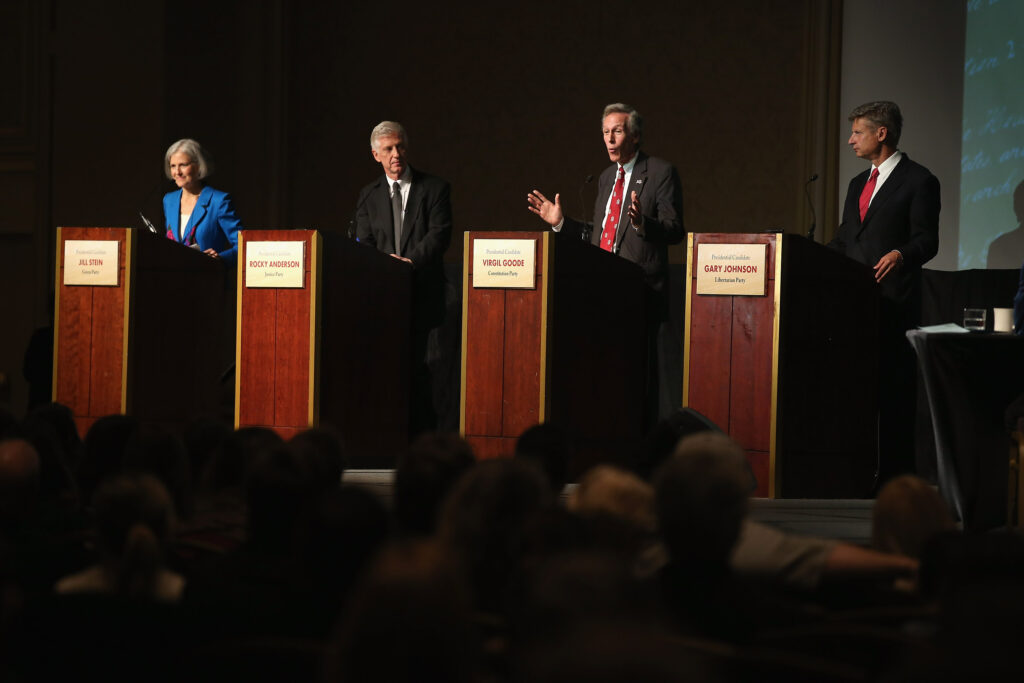Table of Contents
Entering the Fray: Kennedy’s Unconventional Candidacy
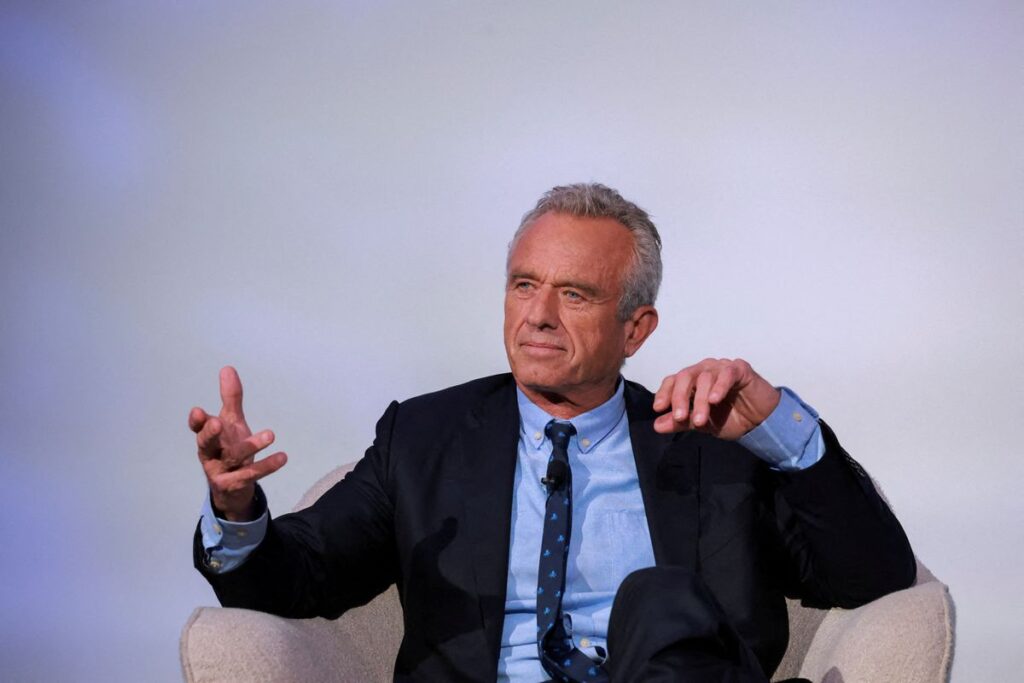
Robert F. Kennedy Jr., an environmental lawyer and a vociferous anti-vaccine advocate, is poised to add a complex layer to the 2024 U.S. Presidential Election with his anticipated independent candidacy. Amidst a politically tumultuous environment, Kennedy’s positioning distills a multifaceted challenge to the archetypal binary battle between Democrats and Republicans.
The Paradox of Kennedy’s Appeal
Navigating through a panorama of controversies and divergent beliefs, Kennedy’s unique stance amalgamates aspects of anti-vaccine advocacy and conspiracy theorizing. Surprisingly, this brew seems to align with subsets of both Republican and Democratic voters, embedding him in a distinct, if convoluted, political space. His appeal, as evidenced by respectable favorability ratings, possibly mirrors a public fatigue with established political entities and a tilt towards alternative choices.
Financial Underpinnings: The Muscle Behind the Bid
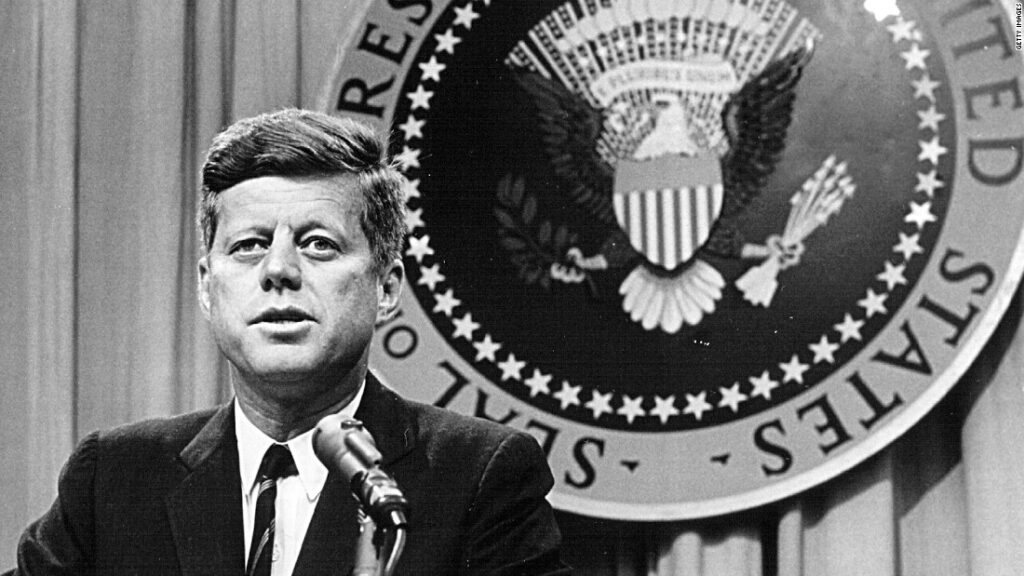
Kennedy’s campaign, supported by notable financial and celebrity backers, erects a formidable platform from which he can echo his multifarious viewpoints. Contributions from personalities like Timothy Mellon not only fuel Kennedy’s campaign but also intertwine the narratives of erstwhile political donors and the fresh breezes of alternative political venturing.
Beyond Kennedy: The Rise of Third-Party Players
The echoing footfalls of Kennedy are not solitary in the realm of third-party campaigns. With figures like Cornell West and potential candidates such as Joe Manchin and Joe Lieberman also exploring paths outside the primary political thoroughfares, the 2024 election beckons a possibly expanded platform where independent and third-party candidates play a more pivotal role in shaping electoral outcomes.
Navigating the Upcoming Election: Uncharted Waters Ahead
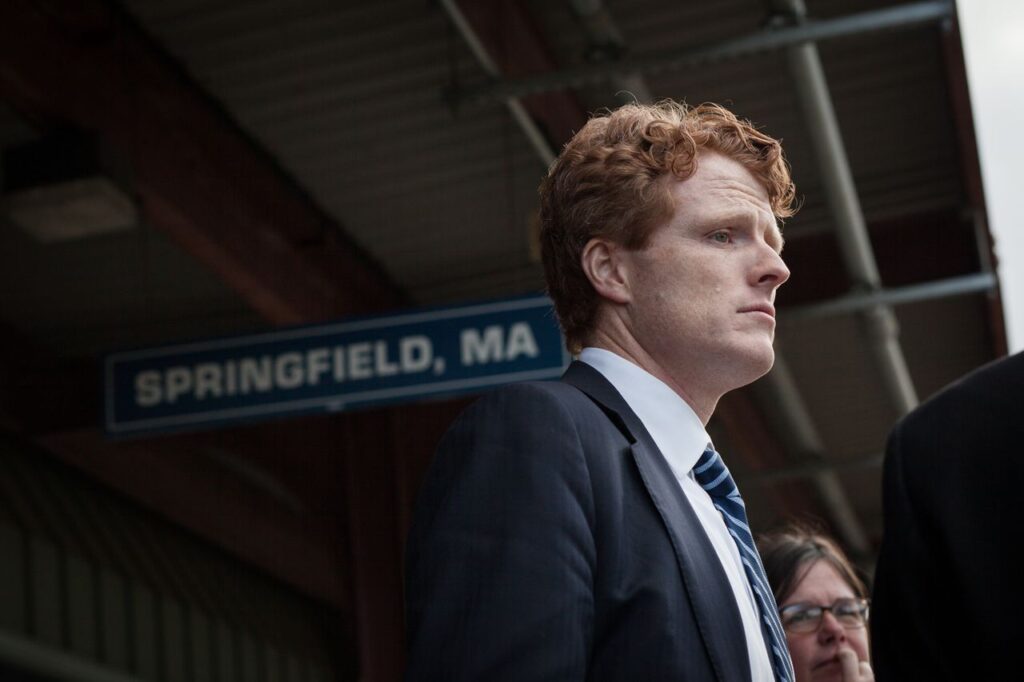
As the U.S. progresses towards the 2024 elections, the potential impact of Kennedy, and other third-party contenders, looms as a tantalizing enigma within the political spectrum. Could these candidacies, with their varied ideological offerings, represent a subtle shifting of the American political landscape, challenging and redefining the established norms?
Kennedy’s intricate play in this political saga embodies a testament to a dynamic and possibly shifting U.S. political scenario. It draws attention to the budding undercurrents that signal a potential deviation from the long-standing two-party paradigm. Whether these subcurrents mature into a comprehensive political transformation is a storyline yet to unfold, as the nation, intertwined with change and unpredictability, seeks to select its next leader.
